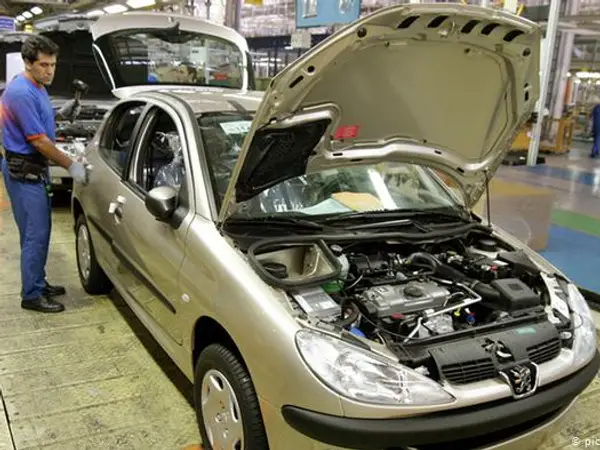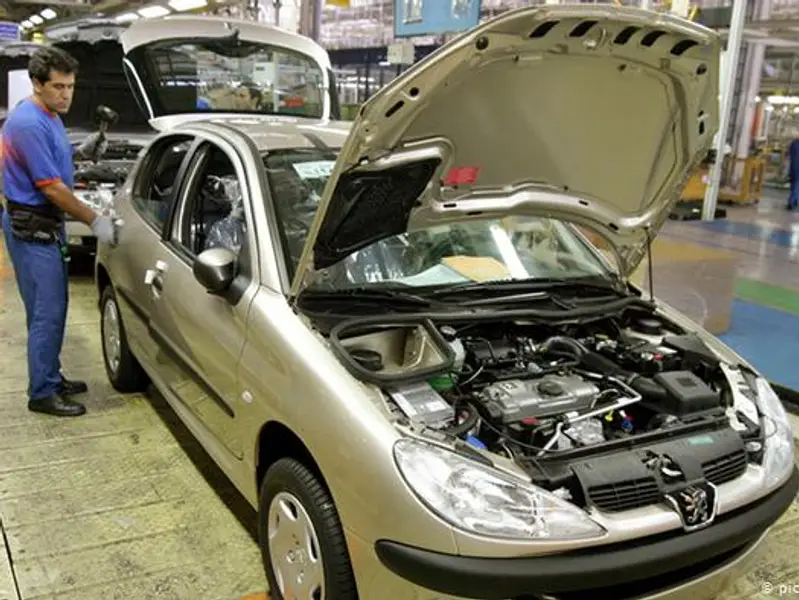The head of construction workers trade union in Iran says the labor force is unwilling to work in large industries because of low wages amid a shortage of skilled workers.
Akbar Showkat told ILNA news agency in Tehran on Saturday that neither the employers nor expert workers are satisfied with production and work at factories because of the government’s wage policies.
Because of highly erratic currency rates, businesses are reluctant to take risks as there is the ever-present danger of higher inflation.
“Most of the employers’ expenses are related to working capital, which leads to an increase in the price of manufactured goods every year and as a result it puts more pressure on the workers’ lives.”
Critics say the minimum wage increase for the new Iranian year violates the labor law by disregarding the inflation rate, which is more than 50 percent, while workers received half that amount for the new Iranian year which started on March 21.
Almost 15,000 workers have signed a petition, saying the 27 percent increase in the minimum wage and benefits to 82 million rials per month ($180) for a family of 3.3 is “unfair”.
The minimum wage in Iran is determined by a council composed of government, business, and government-approved unions, and in fact it sets the income for most wage earners.
Labor representatives insist that next year’s minimum wage in the non-governmental sector should be on par with the inflation of over 50 percent, but government representatives are of the idea that salaries should increase at about the same rate that public-sector employees are set to receive.

